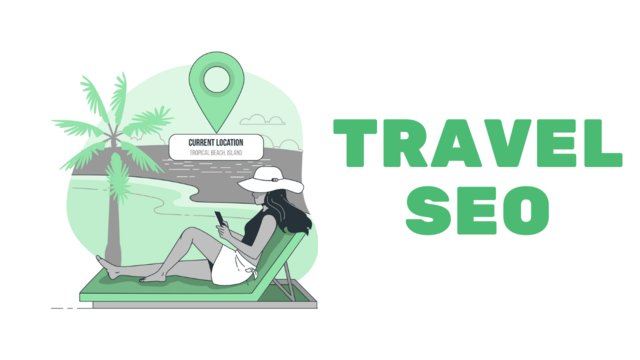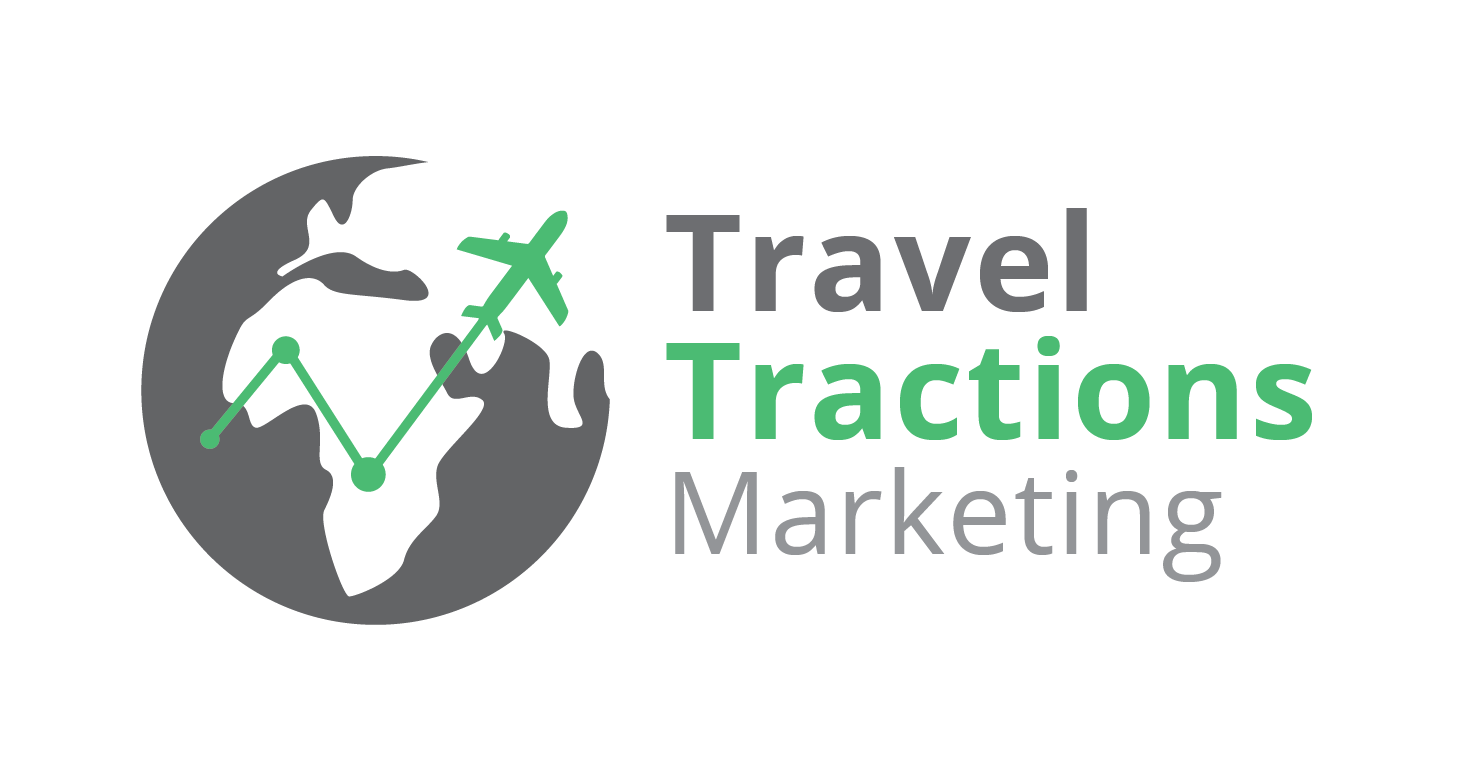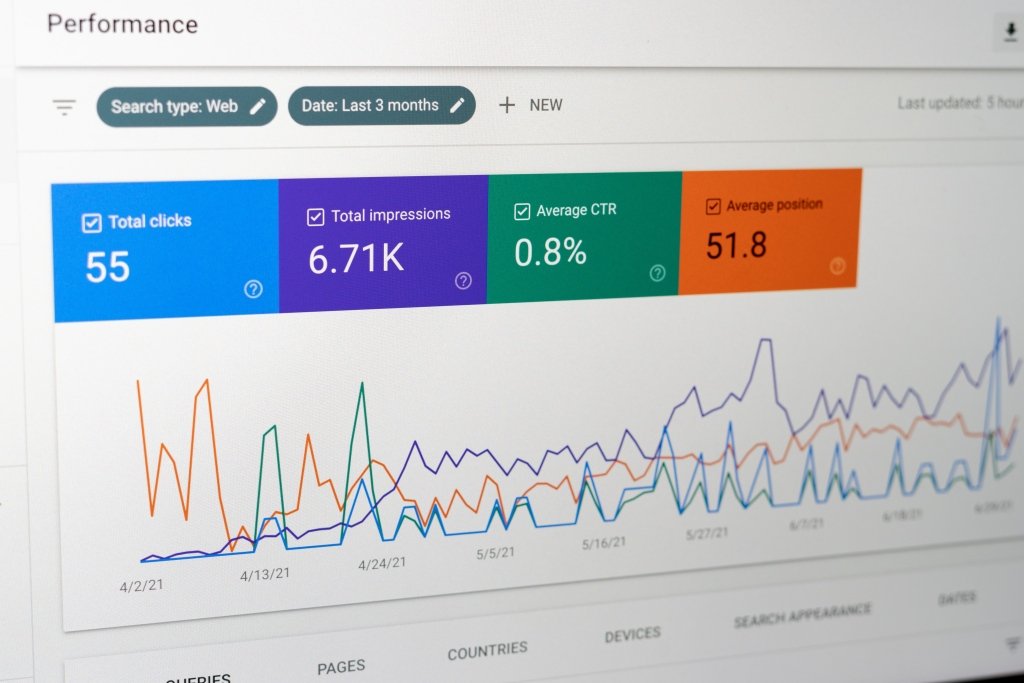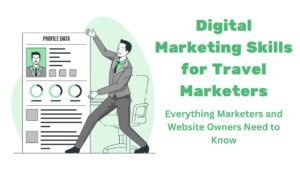

Travel SEO: Ultimate Guide to Travel Marketing Strategy for Search Engines
The complex and evolving world of travel has experienced a remarkable and unpredictable past few years. The upheaval of recent pandemic restrictions on the one hand, and a burgeoning appetite for travel on the other, have left the focus on how to attract customers online squarely in focus.
In large part, this is because prospective travellers have become much more self-reliant in recent years. In the past, travel agents wielded a lot of power over where travellers spent their money. But the emergence of search engines and the ability to research their destinations themselves have left travellers with the ability to make their own decisions.
In today’s world, internet users will look at search results first – coming from Google, Bing, etc. Many travel websites are available, so making yours stand out means attracting interest and engaging your audience. The best way to do this is with SEO – or search engine optimisation.
For the highly competitive travel sector, a good travel SEO strategy is critical. But what does it entail? And what factors go into good SEO industry planning and practice? Let’s explore.
The Travel SEO Competition
First, it’s worth knowing what you’re competing against. All travel-related businesses are competing for those top SEO rankings. There are also influencers, personal bloggers, and recreational services looking for a slice of the same audience.
The natural advice from a travel SEO agency would seem to be: try to be specific about what you offer. There’s a bit more to it than that. The fact is that most people engaging with search engines do so with very general terms – at least initially.
Your ultimate goal with Travel SEO is to get to the top of a search engine’s results. This will place you on or near the top of an audience’s choices. The specific that you focus on with your content should therefore reach out to that audience in an organic way.
Of course, good travel SEO helps put you in front of mind if you rank well. And then, when users engage, you can provide a great engagement experience.
Understanding Travel SEO
SEO is all about search terms – also known as keywords. If you can create a strong relevance between your product or content and a well-used search term, you’re engaging in the first step of great SEO practice.
The idea is to get your content high up on the search results. Search engines do a very sophisticated job of deciding whether your content is relevant to what the user asks.
It goes further than that, though. Users are looking for information that is reliable, clear, useful, and sometimes entertaining. If they can share and discuss info, it’s even better for engagement. Before they book with you, they have to move through specific decision-making points.
SEO Factors That Impact the Travel Industry
Certain ranking factors influence how travel industry content is evaluated by organic search engine algorithms. Of those, these five are considered the most important.
Bear in mind that from time to time, thealgorithms evolve and become “smarter”. So these sometimes change very slightly – this is why you may require content optimisations and updates.
- Content Relevance – A page that promises a certain kind of quality content should deliver that content. In other words, if a user arrived there looking for A, but instead you presented your big sales pitch with everything but A, the user will leave. Google will see this as a sign that your content is irrelevant to the search term and will rank you lower.
- Images – The correct number of images, the relevance of the images, and how the images enhance the content writing are all factors that come into play. You should also bear in mind how those images are named.
- External and Internal Links – There are generally two types of useful links – internal and external. Sites with a huge volume of pages use internal links where it’s logical to do so. External links should ideally be to authority sites that have a high authority ranking on the search engine.
- Inbound Links – Links from other sites to your pages (backlinks), especially sites with domain authority, are incredibly valuable. A link-building strategy component of an SEO strategy is highly recommended.
- Lists – Bulleted or numbered lists contained within articles are great for readability. They can also help your content snatch the featured snippet positions. Provided, once again, that they are relevant, they are looked upon favourably by search engines.
- Word Count – Proper content marketing needs the proper word count. High word counts seem to indicate some topical relevance and authority. High-ranking articles tend to be around 2000-3000 words at present. But this is relevant to the topic as well – a 3000-word post on something that simply needs 1000 may mean irrelevant content being added.
We understand that navigating the world of travel SEO can be daunting. For personalized guidance and insider information from industry experts, book a Travel SEO Consultation.
What About Technical SEO?
Technical search engine optimisation is all about the coding structure of your web pages. This is primarily about ensuring your content and site is SSL certified, have no duplicate content, load effectively, and are readable on all platforms.
Some metadata coding may also be required to get your site looking relevant to the search engine bots.
Where to Start: Travel Search Engine Optimization
Chances are you already have a travel website. If you’ve had one for a while, you may already be creating content there about your travel industry service or product. This content could be relevant and would be a shame to lose.
But your site may also be really old, which means that it’s probably a little out of date on the technical side. Why not do a website audit?
A complete travel website SEO audit will reveal bad links, duplicated content, poor structure, and inadequate travel SEO keywords for ranking purposes. This audit will provide the framework for the way forward – after all, this is where we ultimately want your customers to arrive. Let’s make it good.
Keyword Research for Search Engine Optimization
Keyword research is going to be a pivotal part of how to structure and target your content. Researching travel keywords reveals what your customer is looking for and what you should therefore try to rank for.
Some travel SEO keywords will also be a relative waste of time because they are not very popular or too competitive and will be very difficult to rank for. The advice would be not to focus on these.
Using the correct keywords for travel and tourism also tells us how you should be telling your story. Tell the right story in the right way (the right content using the right words), and you algorithmically start to target the customer you want.
Content Marketing
In many respects, this is the meat of the travel SEO animal. Content marketing is all about providing content that is interesting, engaging, and ultimately presents your travel business in its best light. In your case, that may be to sell flights, hotel rooms, or travel gear.
What this means is that the page your potential customer lands on should seldom drive the hard sell. Instead, it should talk to the reader about something they are asking or looking for.
Great images can help with this as long as they get the story or idea across. Ensuring that those images have the correct meta descriptions also allows. That is the essence of content relevance for the travel industry.
The way the audience finds you is through the application of keywords to rank. Keywords should be relevant to your landing pages and deeper content pages like blogs, informational pages, and product descriptions. A clever site structure and internal linking come into play here.
Understanding Search Engines & Organic Search Performance
Assuming you now have a travel website that is SEO-friendly, relevant, and attractive with lots of content, the focus moves to build credibility and authority.
Interesting Psychological Waypoints, According to Google
It’s worth taking note of a very intriguing revelation from Google – the world’s top search engine. Their research suggests that travel-interested customers essentially have four emotional and psychological “moments” on their journey to committing to travel.
- Dreaming – It all starts with the “maybe I should look into going here” mind.
- Planning – When something has caught the eye and the possibilities are being explored.
- Booking – This is when they have committed to travel.
- Experiencing – Once they are actually at their destination, is the experience pleasant or not?
Google seems to be suggesting that having travel industry-focused content that addresses each of these stages of the traveller’s journey increases your chance of engaging them. Think of it as casting your net wider but with tighter mesh to capture more types of “fish”.
Where Are Your People? Getting Onto the Right Platform
Where you focus your campaigns and encompasses content is mainly dependent on what you’re trying to achieve. For example, some might feel their brand is better suited to platforms like Instagram or YouTube, especially if they can afford great-looking image and video content.
Another brand might feel that they want to talk through long-form, readable content on a blog. The advantage here is that organic traffic is driven directly to a site for that content.
Both approaches, in their way, build brand authority. And both look to link viewers to their offerings. It depends on what your objectives are. Either way, careful curation of the SEO element of this content is essential.
Keep an Eye on New Markets
Market research is still an essential component of a digital marketing strategy. So applying what the data reveals to your SEO strategy may be a good idea.
For example: is the outbound tourist market from China increasing rapidly? Why not consider content (and SEO, accordingly) to attract those eyes? Finding out what they’re interested in and addressing those needs in your content may reap benefits.
Just keep in mind that your product needs to be prepared for any anticipated shift in the market, as well as in your content offering.
Mobile-Specific Search Results
Something to bear in mind: Mobile is by far the biggest usage node for internet and search engine traffic. SEO can be tailored to specifically target mobile users in some cases. Again, this depends on whether you feel your audience is more likely to engage in this way.
Local SEO for Travel Businesses
Local SEO is an often-ignored but vital aspect of new digital marketing.
Consider the scenario: You’re visiting a town, and you want to know whether there’s a nearby restaurant, hotel or other services. You employ your mobile to check what’s in the area, and services like Google Maps assist you – Local SEO taps into this need.
Certain SEO efforts can be employed to raise your rankings in this regard as well – after all, a search engine is being used. It’s estimated that more than 60% of consumers use a search engine to find local businesses to serve their needs. Half of these then make use of a company valuable in the area within 24 hours.
That makes Local SEO an opportunity to find new customers.
Link Building
Link building is an SEO strategy that values the importance of enjoying useful and quality backlinks from other authority-ranked sites. A mention and link on a major news or travel site with good domain authority can not only drive organic traffic but significantly increase your authority ranking with search engines as well.
Another way to do this might be by offering a guest post to be put on other sites – this is sometimes especially useful for smaller businesses and travel bloggers. High-quality link building should be at least a component of a broad travel SEO content marketing strategy.
Travel SEO: A Summary
If you understand travel SEO to be something applied to a travel website, you’re only scratching the surface of your potential to reach potential clients.
Effective digital marketing is broad, encompassing travel website SEO and driving organic and paid web traffic (PPC ads). But a good SEO strategy also employs useful backlinks, content creation, qualified leads, local SEO, and much more.
The biggest win is that you can take your foot off the SEO peddle and your SEO will continue to bring you traffic for months and even years to come.
The customer journey is well-researched, and applying the proper travel SEO techniques to improve your chances is well worth the effort. Your potential customers are out there, and chances are they’re using a search engine to help them make their next travel decision.













